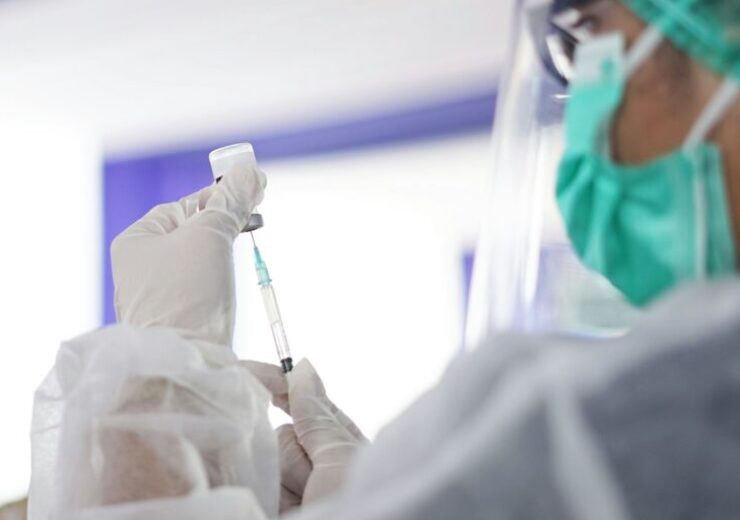The orphan drug exclusivity grants the drug seven years of US market exclusivity in its approved indication and the paediatric exclusivity gives Cresemba an additional six months to that timeframe

FDA grants orphan drug exclusivity to Astellas’ Cresemba. (Credit: Afif Ramdhasuma on Unsplash)
Astellas Pharma US has received orphan drug and paediatric exclusivities from the US Food and Drug Administration (FDA) for its antifungal product Cresemba (isavuconazonium sulfate) for the treatment of invasive aspergillosis (IA) and invasive mucormycosis (IM) in paediatric patients.
This follows the approval for Cresemba injection in December last year for paediatric patients aged one year and older.
Additionally, the drug’s capsule formulation was approved for paediatric patients aged six years and older weighing 16kg and more.
The orphan drug exclusivity grants the drug seven years of US market exclusivity in its approved indication.
This exclusivity began on 8 December 2023, the date on which the supplemental new drug application was approved. The paediatric exclusivity gives Cresemba an additional six months to that timeframe.
The drug was originally given orphan medication exclusivity by the FDA in 2015 to treat adult IM and IA.
Astellas biopharma development asset lead and executive director Laura Kovanda said: “Astellas recognises the importance of addressing significant unmet medical needs, especially for paediatric patients with rare and potentially life-threatening IA and IM infections.
“I am incredibly proud of the Astellas team for advancing research, development and commercialisation to offer Cresemba to paediatric patients who have limited treatment options.”
Astellas Pharma US, an American affiliate of Japan-based Astellas Pharma, is now said to be the first company to receive FDA approval for treating IA and IM in patients as young as one for a triazole antifungal.
The approval was based on the findings from two paediatric clinical trials. It included a Phase 2 open-label, non-comparative, multicentre study that assessed paediatric patients of age one to 17 years.
Out of 31 patients, the all-cause case fatality rate by day 42 was 6.5%. Through day 84, it was observed at 9.7% which occurred during the follow-up period.
Additionally, the successful response rates were noted at 54.8% at the end of treatment.
